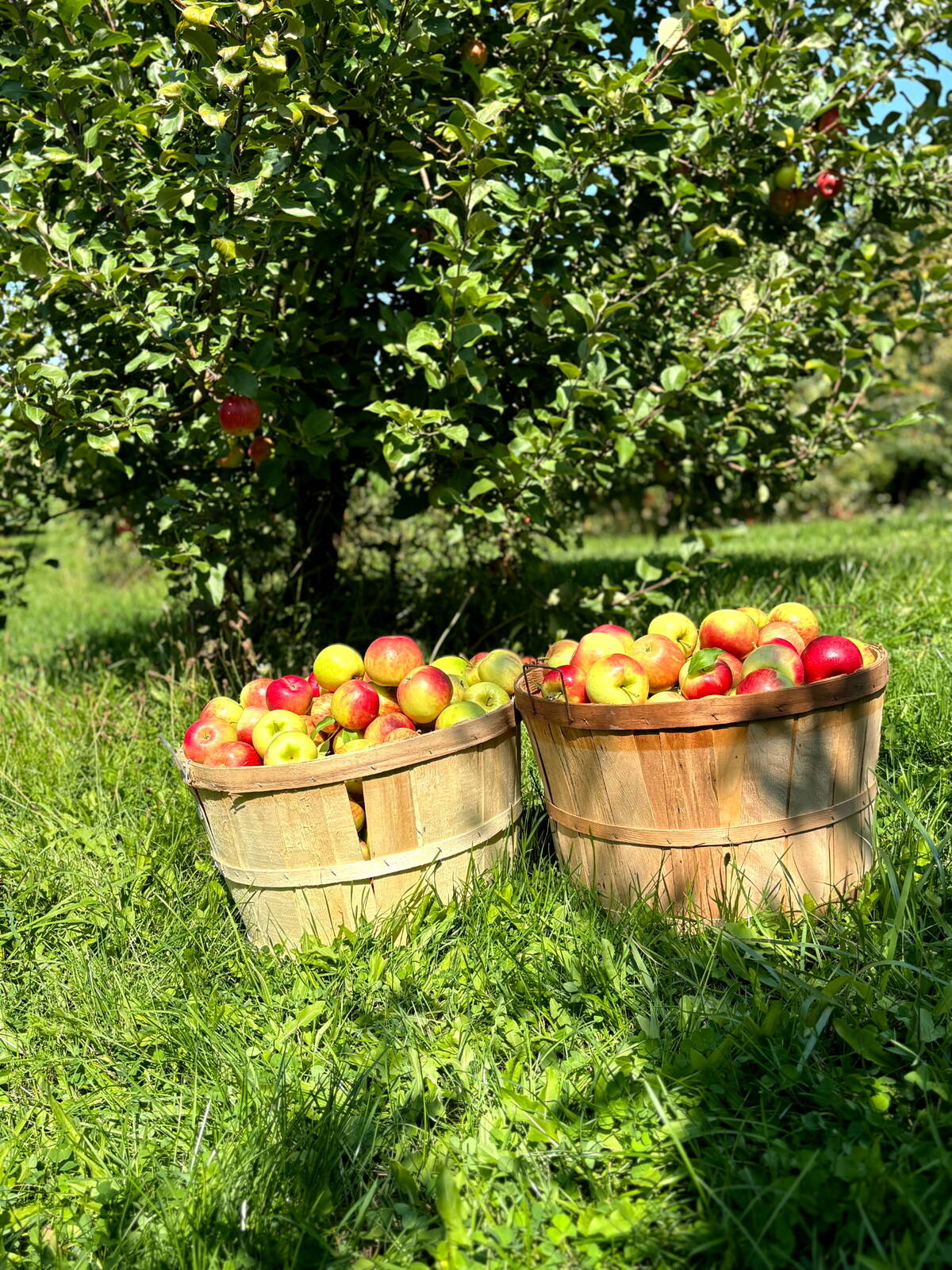Glacier FarmMedia – The future of seed royalty fees remains unclear, as does the future of Ottawa’s consultations, which were cut short last year.
A federal consultation on the issue was sidelined when the Liberal government turned its attention to the 2019 federal election.
Why it matters: The issue of how royalties will be charged on seed protected under plant breeders rights will have wide-reaching impacts on plant research and development, but whether farmers or other industry players will be asked to shoulder most of the new fees remains to be seen.
Read Also

Farmers taking to social media to spread the word about the cost of farm thefts
A rash of farm thefts in Ontario have left farmers looking for new ways to help customers understand the cost of stealing goods.
Now it is unclear if the process will continue, or if Ottawa will distance itself in hopes of avoiding criticism from a vocal group of farmers who oppose additional royalties on plant breeders’ rights (PBR)-protected seed.
Regardless of what the federal government decides, private seed companies are expected to move ahead with plans to introduce new seed royalties, using contract law if necessary.
Under that scenario, seed companies that develop and commercialize new seed varieties would ask farmers to sign variety-use agreements that place conditions on the reuse of new PBR-protected seed varieties for the purposes of replanting.
Similar contract agreements are already being used on products such as canola and midge-tolerant wheat varieties.
Variety-use contracts could be applied to additional seed varieties without government endorsement or the need for new regulations.
Dave Carey, who was executive director of the Canadian Seed Trade Association (CSTA) until late January, said seed companies have not been told by Ottawa whether the federal consultation process will be restarted.
Carey said Ottawa has been working on an economic analysis that outlines the financial costs and benefits of a new seed royalty collection system as they pertain to farmers, seed companies and seed developers.
But in a Jan. 10 interview, he said it is still unclear when Ottawa is planning to unveil its economic analysis or whether Ottawa is inclined to endorse a new royalty collection system through new PBR regulations.
Carey said seed companies generally favour the introduction of a seed royalty collection system that is endorsed by Ottawa and authorized through government regulation.
But others in the commercial seed trade acknowledged that Ottawa is becoming increasingly reluctant to get involved in an issue that could further erode its support among western Canadian farmers.
“To be honest, we’re a little concerned that the federal government may disengage from the process unless they’re asked to re-engage by a producer group,” said one source who spoke on the condition that his name be withheld.
“We’re not going to ask the federal government to do anything it’s not comfortable with… and I don’t think the federal ag minister has any strong desire to get involved in this kind of controversy right now.”
If Ottawa pulls back from the seed royalty file, seed companies will likely move forward with trailing seed-use contracts, which are signed when growers purchase quantities of new, royalty-eligible, PBR-protected seed varieties.
Some seed companies have confirmed that they are considering the introduction of back-end variety-use contracts on a trial or pilot basis, possibly as early as this year.
Others are looking at existing variety-use contracts and are assessing how the terms of such contracts could be monitored and enforced.
“The seed industry is moving forward with planning and analyzing and structuring trailing royalty contracts,” the source said.
“We’ve looked at what we’ve done successfully in the past, and the success we’ve had is putting in place contracts between tech suppliers and farmers directly, with no third party or government involvement.
“At this point, we’re in support of a system that’s run by the industry… with minimal impact from third parties,” the source added.
“How fast we move forward? Well, we have some proposals but nothing has been confirmed just yet.”
This article was originally published at the Western Producer.












